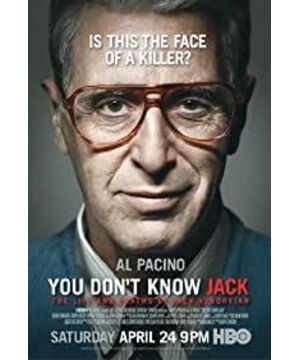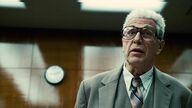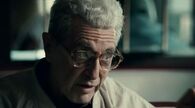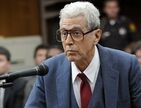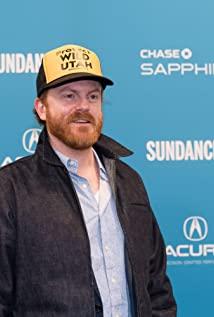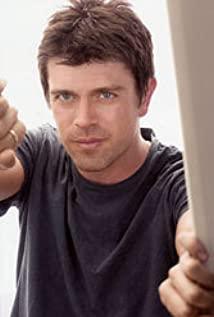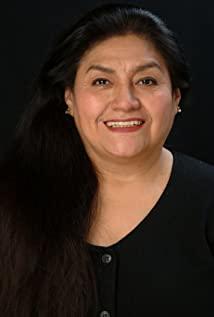Every time I go to visit and see a thin old man tied up with a ventilator, esophagus, IV, pulse patch, and even a sputum suction device, I feel very sad. He didn't dare to meet his eyes, for fear that he would feel embarrassed. What a graceful university president he was, the square handkerchief never left his body, and the top button of his shirt would never loosen no matter how hot it was. But lying on this bed, all the honor and dignity gradually receded with his perception, leaving only a thin body that was eaten away by drugs and surgery. Dad said that the unconscious grandfather once pulled out the auxiliary ventilator himself at night, but it failed. I have always believed that this is not accidental, he must have known that he should rest, he just wanted to leave with dignity.
The death of the old man made me start to think about this question: Is it prolonging life or prolonging death by trying to save terminally ill patients suffering from terminal illness?
Euthanasia is nothing more than the last resort of people who are unable to continue to contend with time. The choice itself is a complete despair. To this day, many scholars in the medical field still believe that euthanasia is an extremely pessimistic measure for the future medical prospects. Indeed, who knows if there will be a cure for cancer tomorrow. But when every tomorrow that the end of the trouble waits for turns into an indescribably painful today, and then turns into a terrible yesterday, all human beings will be negative and pessimistic. Because in most cases, that tomorrow is still far, far away.
From a religious point of view, euthanasia is a process of showing weakness and self-destruction when the body cannot bear a certain weight. This process itself humiliates the sanctity of life and disrupts the possibility of reincarnation in most religions. This is why, in the anti-euthanasia movement, both assisted dying medical care and actively selected patients are controversial.
But from a personal point of view, choosing a dignified way to get rid of the current or future humiliation of the disease, euthanasia is a beautiful counterattack, it defends the sanctity of the living body, and does not recognize that it shrinks and even corrupts without dignity. Especially those who take the initiative to end the trouble, and even pretend to be the director of life, insisting on turning the desolate compassion of the last years of life into a peaceful and soothing silent film, and then put their hands together and smile to stay away from all suffering.
With painful memories of his dying mother, Jack does what he thinks is right for one desperate individual after another. Looking at Al Pacino's gentle and out-of-focus eyes gazing at the patient, I even had an illusion at a certain moment, as if a silent transcendental monk was comforting the suffering soul in front of my eyes.
It is a pity that after all, he is a doctor who only deals with individuals all his life. He is well aware of individual experience but does not understand the macroscopic social rules. However, only the macroscopic social rules and the macroscopic social experience determine the mainstream voice of a society. Jack will never learn the shrewdness of a lawyer, let alone when he should withdraw to protect himself. It is a pity that any social system will be afraid of the chaos and panic of the value system (this is also one of the basic reasons for the existence of the state, the legal system, and social institutions), so in the end, the silent Jack was a martyr for his faith for eight years, but his strong And courageous yet again and again shocks and shakes mainstream value judgments. This is also a blood-soaked road that all pioneers must travel.
This movie reminds me of David Gale, played by Kevin Spacey, but why do people who are paranoid about their beliefs end up alone in the end?
Because It's my name.
Because I can not have another in my life.
Because I'm not worth the dust on the feet of them that hang.
How may I live without my name?
I've given you my soul.
Leave me my name.
View more about You Don't Know Jack reviews


